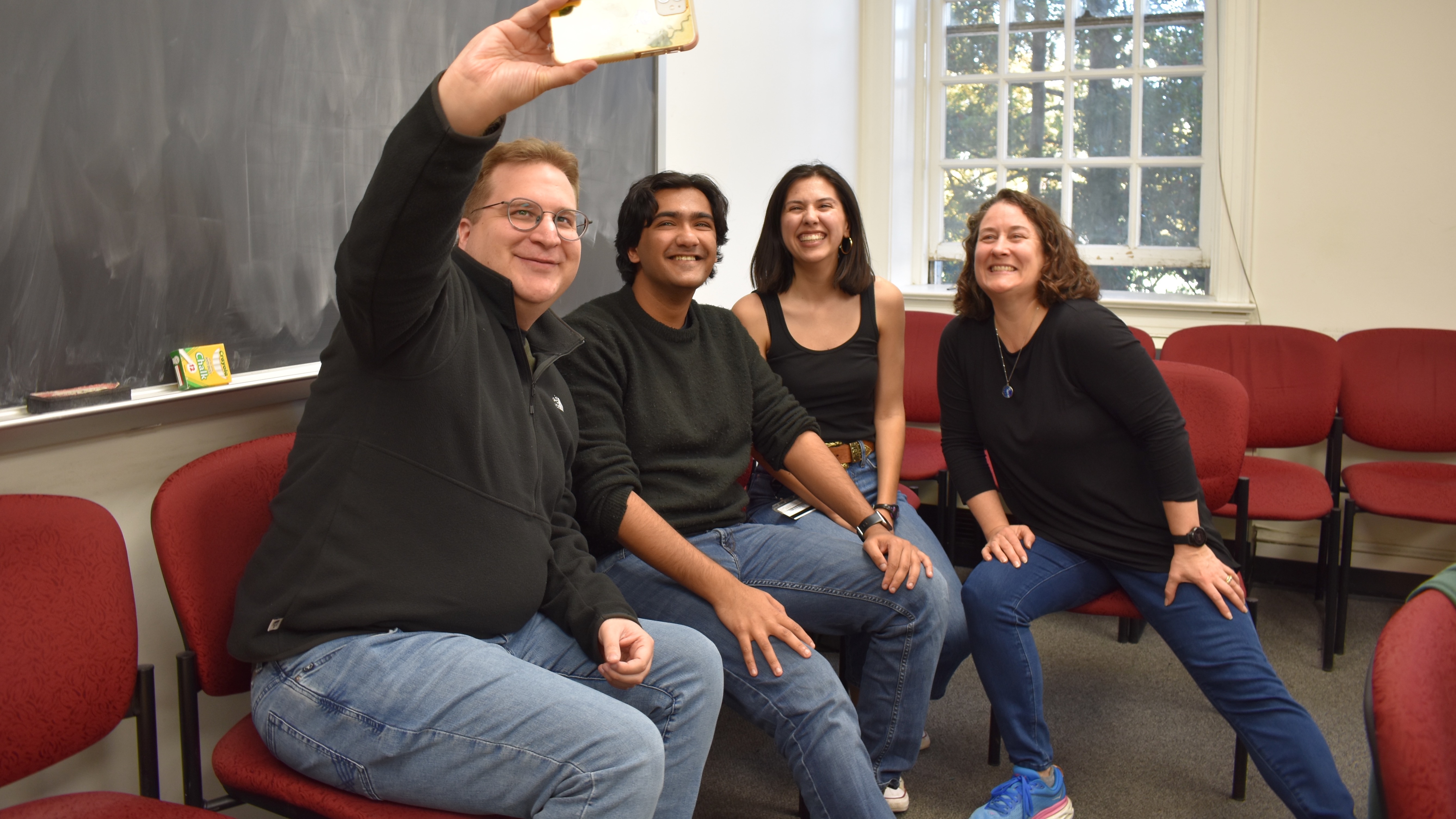Meaning Meeting - Aron Hirsch / Constraining alternatives

Meaning Meeting - Aron Hirsch / Constraining alternatives
February 20, what won't be happening in Meaning Meeting is anyone other than Aron Hirsch talking about the theory of alternatives for focus interpretation, and challenges to the view that formally more complex alternatives are forbidden. His abstract follows.
The focus operator only conveys that alternatives to its prejacent are false. But, how are the alternatives computed? It has been observed that alternatives often cannot contain negation. Fox & Katzir (2011) propose that alternatives are constructed by replacing the focus with syntactic constituents of equal or lesser structural complexity. If negation is not present in the prejacent, it cannot occur in the alternatives either, since it would add complexity. We will observe, however, that more complex alternatives are available in certain discourse contexts. This will lead us to explore a view where more complex alternatives are not blocked by the grammar, and alternatives are regulated pragmatically by the Question Under Discussion (as in Roberts 1996, 2012, Beaver & Clark 2008, Katzir 2023). This is joint work with Bernhard Schwarz (McGill)

